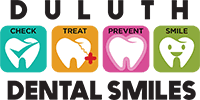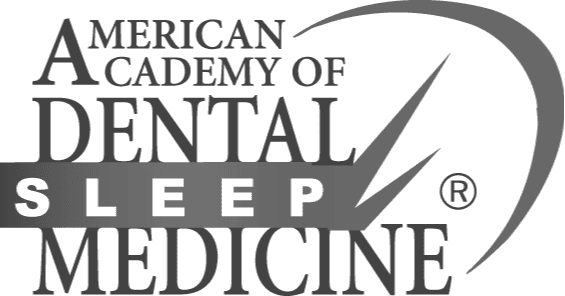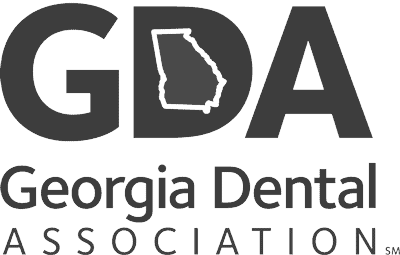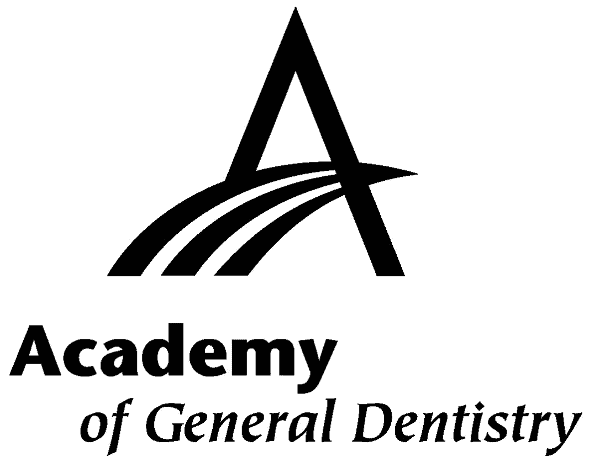Common Questions About Dental Extraction
1. What Is Dental Teeth Extraction?
Tooth extraction or pulling of teeth is the removal of tooth from its socket in the bone.
2. Why Do I Need Extraction?
Teeth extraction is usually the last option. However if the tooth cannot be repaired with a filling or crown because of an accident or extensive decay an extraction may be necessary. Teeth may also be extracted when there is crowding or periodontal disease.
3. What Is The Procedure Of Extraction?
Usually tooth extraction is done by using local anesthetic injections to eliminate pain and numb the surrounding area of the teeth. In some cases the teeth may be difficult to remove for several reasons related to the tooth position, shape of the tooth roots. If a tooth is buried in the bone like wisdom teeth a surgical or Trans alveolar approach is needed, after the tooth is removed stitches are placed to replace the gum into the normal position.
4. Is Tooth Extraction Painful?
There may be mild discomfort after the tooth extraction which can also be avoided by taking NSAIDS. There is no reason that any dental procedure including tooth extraction to be painful as the anesthesia given goes deeper and lasts longer. So you need not suffer any pain the office of the dentist.
5. Are All The Tooth Extractions Same?
No, the extractions can be simple or surgical depending upon the tooth, some teeth ara impacted which cannot be removed through simple extraction it needs surgical extraction which takes longer than a simple extraction.
6. Do I Need To Take Antibiotics Before Extraction?
Antibiotic prophylaxis is might be useful for patients undergoing dental procedure like surgical extraction, deep dental cleaning etc as the bacteria in the mouth can enter the blood stream and cause infections in the body.
7. Will There Be Any Bleeding After Extraction?
Some amount of bleeding afte extraction is common. A pinkish tinted saliva and subtle oozing is normal for the first 24 hrs. If bleeding gets excessive control it by placing a dampened gauze pads and applying firm pressure on the gauze for 45 or longer.
8. What Are The Instructions To Be Followed After Tooth Extraction?
The instruction given by the dentist promotes the healing of the extraction site like:
- Keep the gauze in the mouth for an hour by maintaining firm pressure.
- Do not rinse your moth for the first 24 hours after extraction as it dislodges the blood clot formed.
- Avoid smoking or drinking alcohol.
- Avoid dirking with a straw for the first 24 hrs.
- After 24 hrs of extraction use salt water rinses to maintain the extraction site.
9. What Are The Complications Of Extraction?
Possible complications are:
- Incomplete extraction in which a tooth root remains in the jaw, usually a dentist removes the root to prevent infection but sometimes it may be less risky to leave a small root tip.
- Fractured jaw which mostly occurs in older people with osteoporosis of the jaw caused by pressure put on the jaw during extraction.
- If an upper teeth is extracted sinus may have been perforated which usually heals on its own but if doesn’t you may have to visit the dentist again.
- Dry socket is also a common complication which occurs when a blood clot has fail to form in the socket or the blood clot formed has been dislodged leaving the underlying bone and nerves exposed to air and food. it usually occurs 2 to 5 days after extraction.
10. How Long Will I Have To Wait After Extraction For Tooth Replacement?
It usually depends upon the type of teeth replacing if it is an implant it can be placed immediately after extraction in some cases with proper planning. If it is a bridge the patient should wait until the extraction site is healed.






